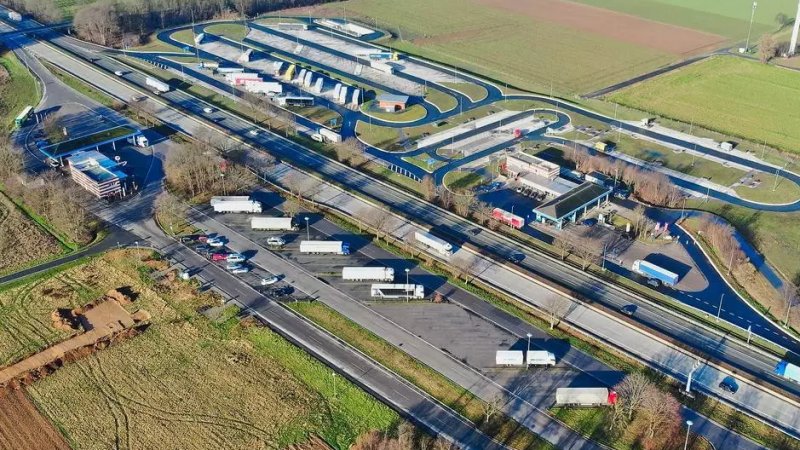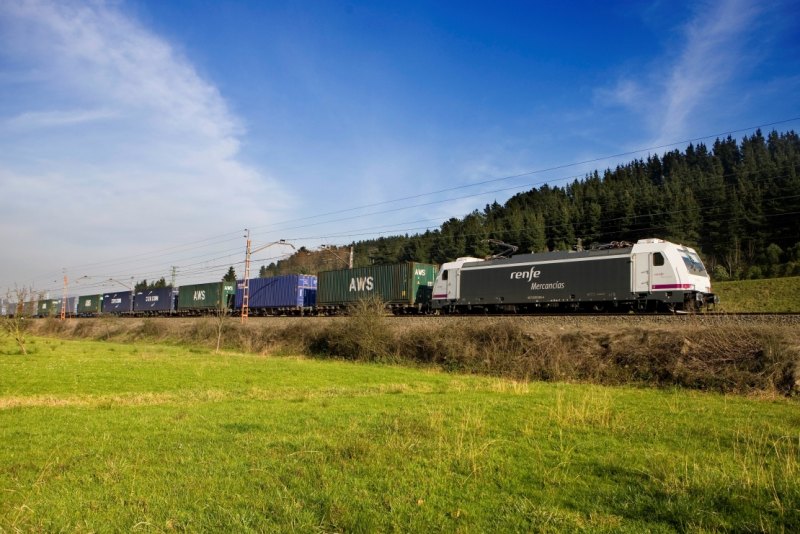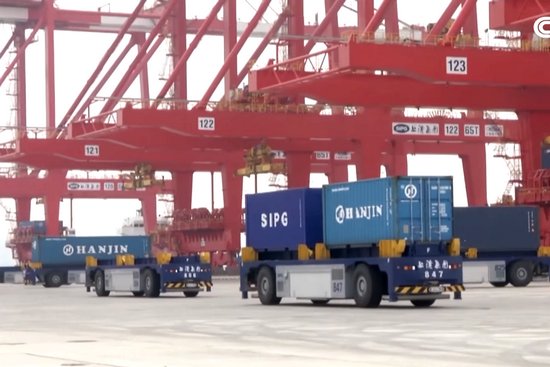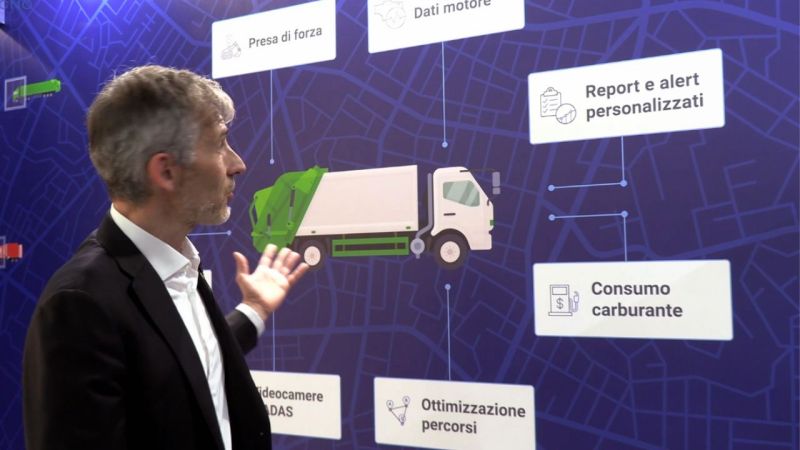Germany begins 2024 with severe disruptions in both road and train freight transport: truck drivers protests and train drivers strikes are plunging the country's transportation network into chaos.
The road transport has been particularly hit hard since January 8th, following a call to mobilize by the Bundesverband Güterkraftverkehr Logistik und Entsorgung (BGL), an influential logistics association. This protest, scheduled to last until January 12th, is a collaborative effort involving various agricultural and industrial associations. These groups are vociferously opposing the federal government's austerity measures, citing significant threats to the competitiveness and survival of medium-sized transport businesses and farmers.
BGL, in a statement dated January 5th, outlined its demands, including a reassessment of the revised toll system for industrial vehicles which now includes a carbon emission tax. The association is also calling for increased investment in road infrastructure, the establishment of safe parking areas, and support for sustainable road transport.
The protests are expected to culminate in a major national demonstration in Berlin at 11:30 AM on January 15th. This week-long series of protests will feature convoys of trucks and agricultural tractors, as well as demonstrations at various service and parking areas. These activities can cause significant traffic delays, particularly in areas where hundreds of tractors and trucks have already blocked key highway entrances: in Mecklenburg-Western Pomerania and Saxony on the morning of January 8th.
Meanwhile, on the rail front, the train drivers' union GDL has ended its Christmas truce in the ongoing contract dispute with Deutsche Bahn. GDL has declared a strike from 2:00 AM on January 10th until 6:00 PM on January 12th, 2024. Deutsche Bahn has responded by filing a lawsuit in the Frankfurt Court, challenging the legitimacy of the strike.
GDL, which staged two shorter strikes in 2023, is demanding reduced working hours without a cut in pay. Deutsche Bahn, on the other hand, is offering flexible weekly working hours – 35, 38, or 40 hours – but with a corresponding reduction in salary increase for reduced hours, similar to the current policy for additional vacation requests. GDL has rejected this proposal.
In a separate legal battle, Deutsche Bahn has sued the GDL-founded worker's cooperative Fair Train, established in 2023. DB's lawsuit in the Hessian Court alleges that the cooperative, aimed at hiring out drivers to private companies under its own tariff conditions, constitutes a conflict of interest. DB argues that GDL has lost its legitimacy to negotiate since it has become an employer itself.




















































